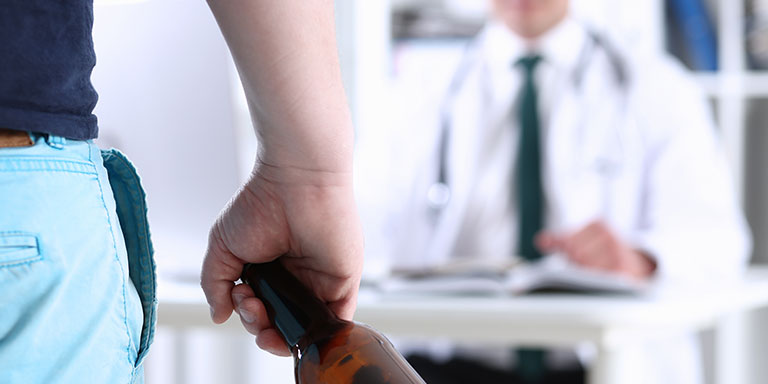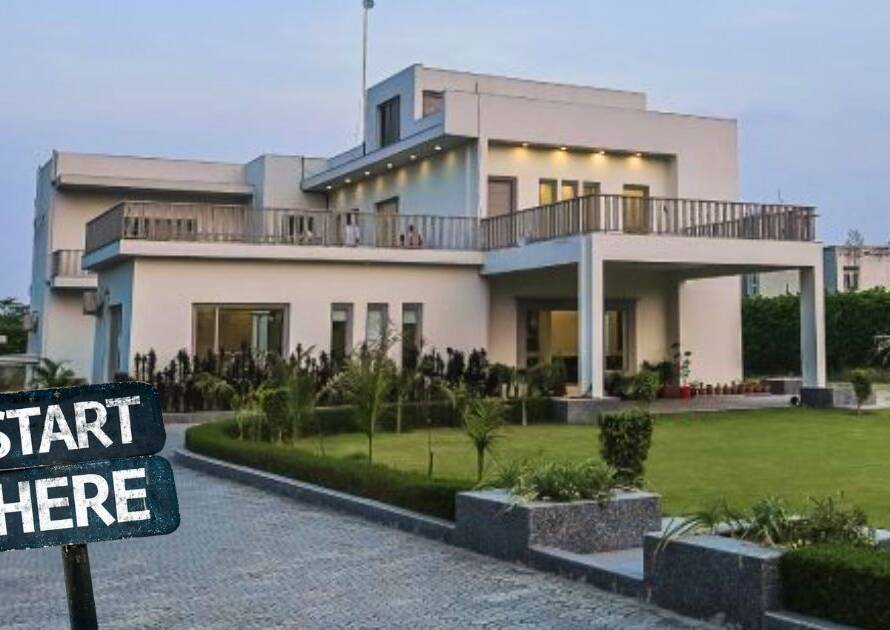Holistic addiction treatment lies at the very heart of Hope Rehabs, because true recovery demands more than detox. Holistic addiction treatment here integrates the emotional, mental, and physical layers of healing. In the first moments, this approach not only eases withdrawal, but also builds resilience through emotional, cognitive, and lifestyle renewal.
At Hope, recovery isn’t treated as a single event, it’s seen as a total reintegration of the self. While detox may stabilize the body, holistic treatment dives deeper into why addiction formed in the first place. This means addressing unresolved trauma, unhealthy coping mechanisms, nutritional imbalances, and disconnection from purpose or self-worth. From the very beginning, every patient receives a personalized plan that blends clinical therapies with body-based tools and mindfulness techniques, creating a pathway that doesn’t just lead to sobriety, but to long-term transformation.
Treating the Whole Person, Not Just Symptoms
At Hope Rehabs, our inpatient rehab facilities provide more than simple structure, they provide transformation. Each client is provided with an individualized plan integrating CBT therapy for addiction, IPT Therapy, mindfulness rehab, yoga, NLP, and nutritional guidance. This integrated model sees you as a complete person, not merely as someone who has symptoms.
The Emotional Layer: CBT and IPT Therapy
Emotional wounds often fuel addictive behaviors. That’s where our therapies come in.
CBT addiction therapy (Cognitive Behavioral Therapy) is a gold-standard, evidence-based treatment. Clinical studies estimate that approximately 60% of individuals treated with CBT remain in recovery for a year or more. CBT identifies triggers, rewires negative thought patterns, and establishes long-term coping mechanisms.
IPT Therapy (Interpersonal Psychotherapy) helps supplement CBT by treating relational and social aspects of addiction—grief, loss, role change, and interpersonal conflict. Restoring relationships and re-establishing social trust encourages emotional stability and minimizes relapse risk.
Mindfulness in Rehab: Awareness as a Recovery Tool
Mindfulness in rehab goes beyond just sitting in meditation classes; it’s really about developing a moment-to-moment awareness that helps you observe cravings, worries, or tension as they come up, without immediately reacting. Techniques like deep breathing, journaling, and self-reflection equip clients to handle those cravings with skill rather than giving in to impulsive reactions.
Clinical trials of mindfulness‑based therapies document significant decreases in emotional suffering, cravings, and substance use, further cementing its position as an influential addition to recovery programs for addiction.
Physical & Lifestyle Healing: Exercise, Yoga, NLP, Nutrition
Physical health is an integral pillar, not an afterthought. Evidence indicates that the incorporation of formal exercise interventions, e.g., jogging, cycling or resistance training—into standard treatment can decrease substance use in approximately 75% of studies, and decrease depressive symptoms in approximately 28%.
At Hope Rehabs, patients practice yoga and movement therapy for heightened body awareness, decreased anxiety, improved sleep, and mood balance. Nutritional counseling resolves imbalances from years of drug and alcohol use, fueling energy and mental focus.
NLP (Neuro‑Linguistic Programming) assists you in rewiring unconscious self‑stories and internal triggers—fading away old, self‑damaging scripts for empowering self‑beliefs and behaviors.
According to a review of global holistic interventions, over 85% of studies showed positive outcomes when combining holistic approaches with traditional rehab care. That’s why we use this multi-layered model—it works.
The Global Reach and Impact of Holistic Recovery
The demand for comprehensive recovery isn’t merely domestic, it’s international. Per the World Health Organization, alcohol abuse alone is responsible for more than 3 million deaths worldwide every year, making up 5.3% of total deaths globally. Aside from alcohol, drug dependency is on the increase on every continent.
The National Institute on Drug Abuse (NIDA) is a strong supporter of integrated and holistic approaches, insisting that “no single treatment is appropriate for everyone.” Instead, the optimum results are achieved through the balance of behavioral therapies, mental healthcare, physical health, and social support systems.
With global data backing the success of integrative approaches, centers like Hope Rehabs are part of a growing international movement pushing beyond detox to deliver real,296 million lasting transformation.
“I didn’t just get sober—I got myself back. For the first time in years, I feel like I belong in my own life again.”
— Thomas M., recovering addict via SMART Recovery UK
Why Integrated Addiction Recovery Services Work
Unfortunately, relapse is a common issue, with 40–60% of individuals experiencing a relapse within a year after completing treatment if they rely solely on traditional methods. However, holistic programming that integrates clinical therapy, mindfulness, physical health, and social support can significantly lower that risk.
At Hope Rehabs, we believe that addiction recovery goes beyond just detox or cognitive behavioral therapy (CBT). We incorporate emotional processing (IPT), cognitive restructuring, mindful awareness, physical healing, social reconnection, and lifestyle redesign into your recovery journey. This comprehensive, evidence-based approach promotes lasting recovery, personal development, and self-sufficiency. After you complete residential care, we continue to support you with tele-therapy coaching, alumni groups, mindfulness check-ins, and relapse prevention planning, all aimed at fostering long-term transformation and a sense of community.
Whether you’ve tried recovery before or are just beginning to consider it, Hope Rehabs meets you with compassion, experimentation, and methods backed by data and clinical wisdom. You deserve more than temporary sobriety—you deserve deep, lasting healing.
Start your holistic healing— Contact Us.(internal linking to contact page)
FAQs
- How long do typical residential rehab programs last?
The majority of residential stays last anywhere from 30 to 90 days; more time usually provides greater integration of holistic healing on all emotional, mental and physical levels.
- Is mindfulness in rehab sufficient to heal trauma?
No. Mindfulness enhances awareness and stress reduction, but trauma usually needs specific clinical interventions like trauma‑informed CBT or IPT Therapy.
- Do insurance policies commonly cover yoga or NLP in rehab?
A few plans might include medically-recommended mindfulness-based sessions or psychological and nutritional therapies. Coverage for NLP is less frequent, but we help clients qualify and receive any available benefits.
- Is it possible for an individual who resides far away or overseas to use Hope’s residential rehab facilities?
Absolutely—quite a few clients do. We also provide telehealth follow-up sessions for CBT counseling, mindfulness coaching, and continued relapse prevention treatment.




